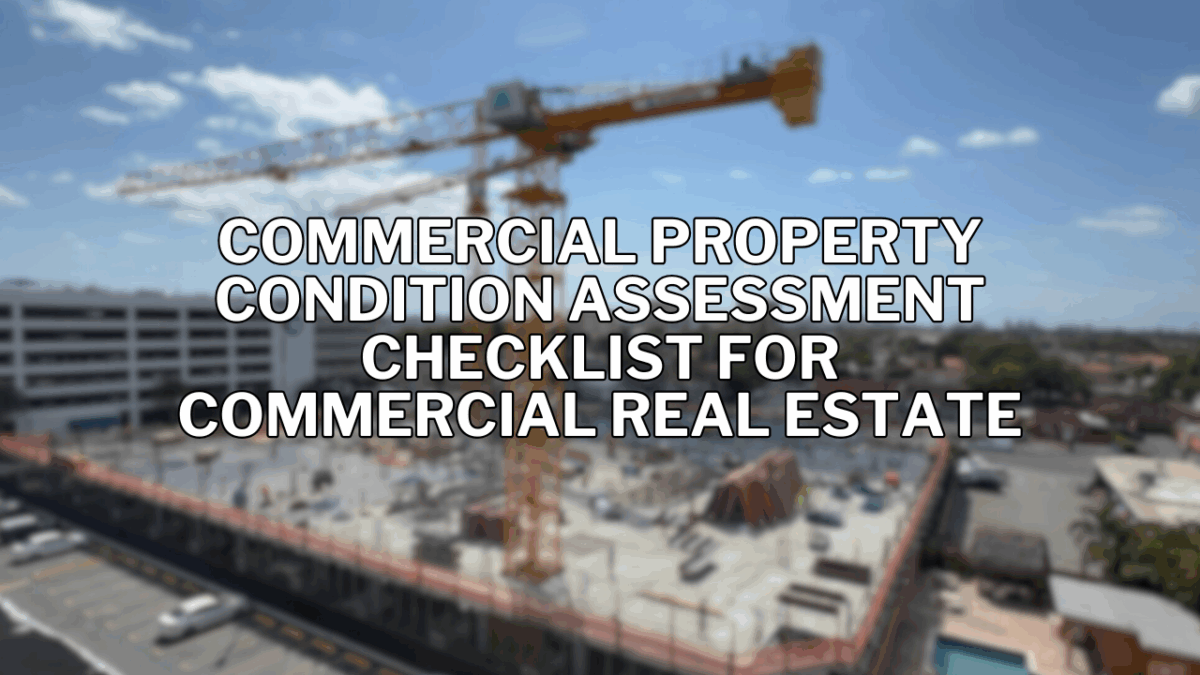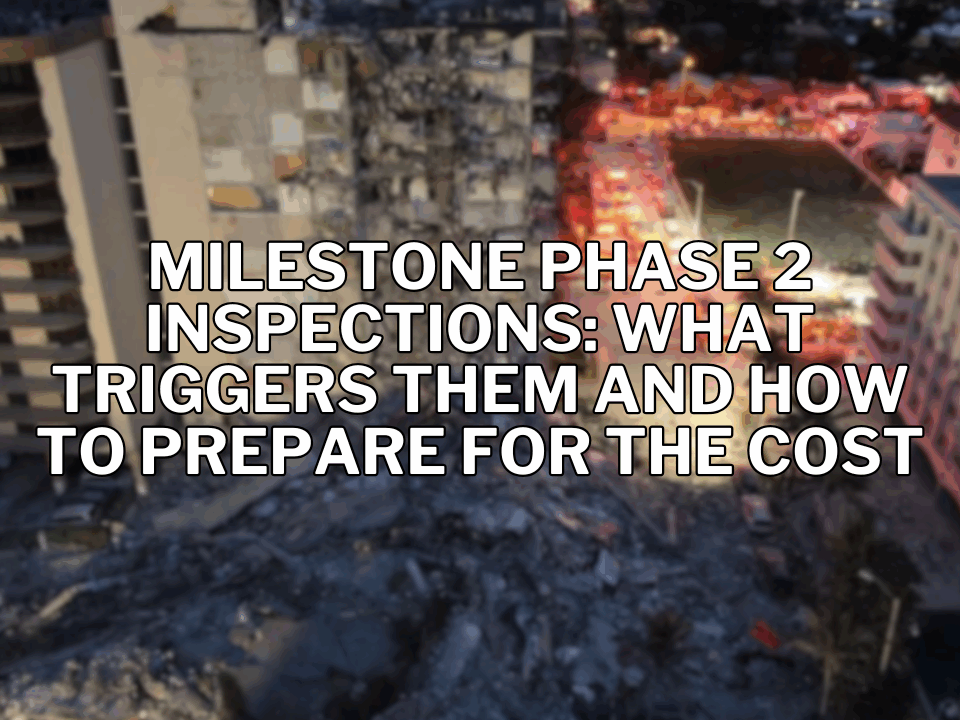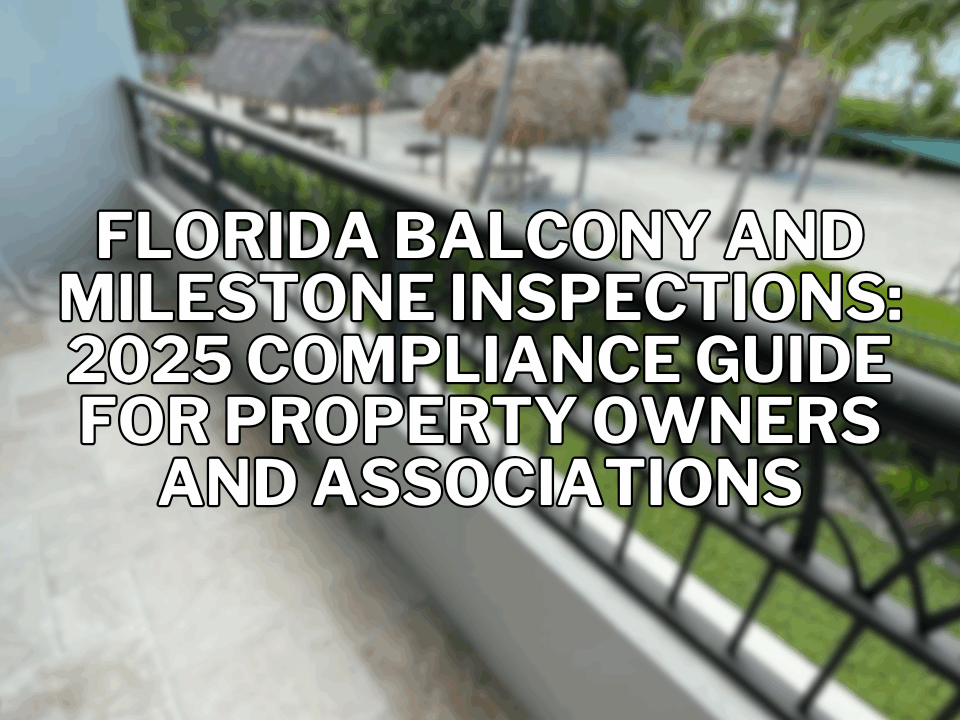When it comes to making informed decisions in commercial real estate, due diligence is everything. Whether you’re purchasing, owning, or investing in a commercial property, a Property Condition Assessment (PCA) provides critical insight into the health and safety of the asset. This guide explores what a PCA entails, what should be included in the checklist, and why it’s essential in 2025.
What Is a Property Condition Report?
A Property Condition Assessment, also known as a property condition report or PCR, is a thorough evaluation of a commercial building’s current physical state. It involves an inspection by licensed professionals to determine the condition of various systems and components, identify potential safety issues, and estimate necessary repair or replacement costs.
These reports are used by potential buyers, real estate investors, owners, lenders, and insurance companies to understand risks and liabilities associated with a property.
What Should a Property Condition Assessment Checklist Include?
A comprehensive PCA checklist ensures no part of the property is overlooked during evaluation. Key elements include:
1. Site Assessment
- Parking lots, landscaping, signage, drainage systems, lighting, sidewalks, and exterior topography
2. Structural Components
- Foundations, facades, load-bearing walls, roof conditions, framing, floors, and gutters
3. Interior Elements
- Finishes, walls, ceilings, doors, windows, stairways, and flooring
4. Building Systems
- Electrical systems, HVAC units, elevators, plumbing, fire alarms, and sprinklers
5. Life Safety and Fire Protection
- Emergency exits, fire code compliance, extinguishers, smoke detectors, and alarm systems
6. Accessibility (ADA Compliance)
- Pathways, restrooms, entrances, and amenities that are accessible to individuals with disabilities
7. Environmental Concerns
- Hazardous materials such as asbestos, mold, radon, or lead-based paint
8. Energy Efficiency and Benchmarking
- Energy audit, utility usage tracking, and potential for green upgrades
9. Seismic Risk Analysis
- Vulnerability to earthquakes, especially for properties in high-risk zones
Why You Need a PCA Checklist
A detailed checklist helps:
- Organize and streamline the inspection process
- Ensure compliance with local and national codes
- Identify hidden issues affecting property value
- Provide a foundation for price, repair, or insurance negotiations
Who Needs a Property Condition Assessment?
A PCA is crucial for:
- Property Buyers: To identify risks before purchase
- Property Owners: For maintenance planning and reducing liabilities
- Real Estate Investors: To assess ROI and acquisition costs
- Lenders and Insurers: To evaluate property risks before issuing loans or policies
How to Prepare for a Property Condition Assessment
To ensure a smooth assessment:
- Gather relevant documents: maintenance logs, repair receipts, past inspections
- Allow full access to all areas of the property
- Notify tenants or occupants in advance
- Highlight any known issues for the inspector
- Attend the inspection to help clarify property details
Property Condition Assessment FAQs
How much does a Property Condition Assessment cost?
Depending on the property’s size and complexity, and location determines pricing, Florida Engineering LLC, can provide you a quote in less than 24 business hours at no cost to you.
Who conducts a PCA?
Licensed architects, engineers, or experienced building inspectors.
How long does a PCA take?
From a few hours to several days, depending on the property.
When should a PCA be done?
During property transactions or periodically for maintenance and safety compliance.
Conclusion: Protect Your Investment with a PCA
In commercial real estate, knowledge is power. A Property Condition Assessment reveals the real condition of a building, preventing costly surprises and supporting informed decisions. Ensure your property meets today’s standards for safety, efficiency, and value.
For expert guidance and comprehensive assessments, contact Florida Engineering LLC, your trusted specialists in structural inspections and real estate due diligence.







